
The collaboration combines AdAlta’s i-bodies and Carina Biotech’s chemokine receptor platform.

The collaboration combines AdAlta’s i-bodies and Carina Biotech’s chemokine receptor platform.
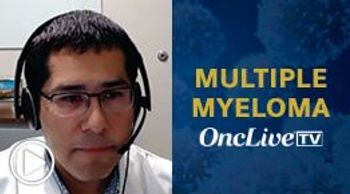
The hematology and medical oncologist at Moffitt Cancer Center discussed results from the phase 1b/2 CARTITUDE-1 trial of cita-cel in R/R MM.
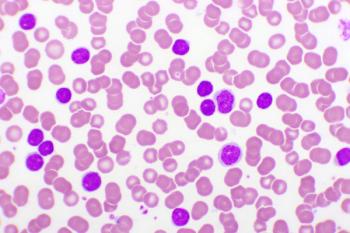
Updated data from the phase 1 TRANSCEND-CLL-004 trial were presented at the International Workshop on CLL.

4D Molecular Therapeuitcs plans to initiate a phase 1/2 trial of 4D-150 before the end of the year.
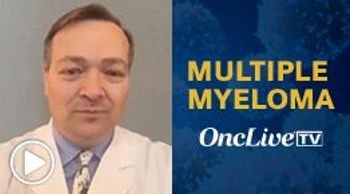
The associate professor from Harold C. Simmons Comprehensive Cancer Center discussed the methodology of the phase 2 KarMMa trial.

Results from a phase 1/2 study from Nanoscope Therapeutics were presented at the 2021 ASRS meeting.
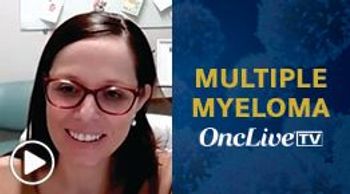
The hematologist from Moffitt Cancer Center discussed the survival benefit of ide-cel in the phase 2 KarMMa trial.
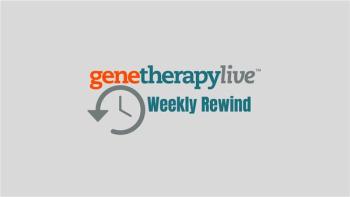
Review top news and interview highlights from the week ending October 15, 2021.
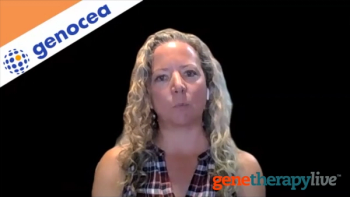
Jessica Baker Flechtner, PhD, chief scientific officer, Genocea, discussed the ATLAS platform and the TiTAN trial.

The study follows Legend Biotech’s initial success with cilta-cel, whose PDUFA date is set for November 2021.
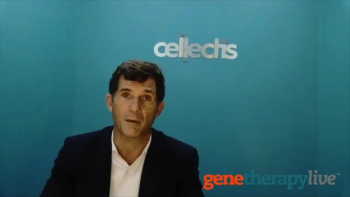
André Choulika, PhD, chief executive officer and cofounder, Cellectis, discussed therapies the company is developing.
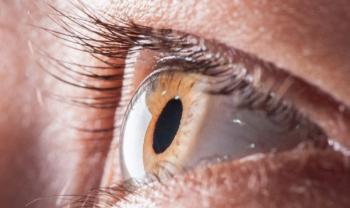
The cell therapy yielded improvements in visual acuity and central corneal thickness.

The professor from The University of Texas MD Anderson Cancer discussed the impact that brexucabtagene autoleucel's approval has had on mantle cell lymphoma.

Enrollment in the CARBON trial has so far focused on aggressive disease such as diffuse B-cell lymphoma.

New human gene editing therapies, drug discoveries, targets, and CRISPR technology holds the potential to usher in a new age in medicine.
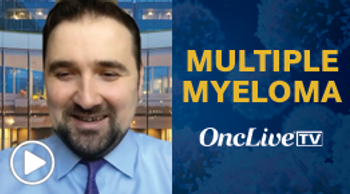
The assistant professor from University of Nebraska Medical Center discussed the current limitations of CAR T-cell therapy in multiple myeloma.
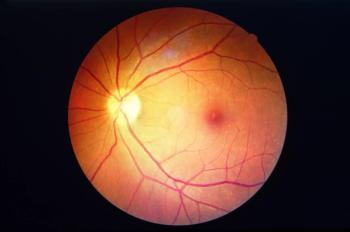
REGENXBIO previously announced positive data in patients with wet AMD who were treated with the same gene therapy.
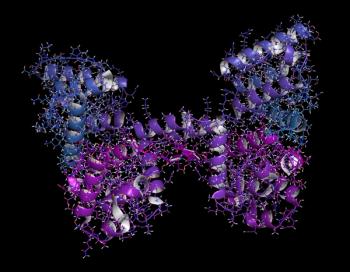
Sarepta Therapeutics has also initiated the pivotal phase 3 EMBARK study in pediatric patients with DMD.

Jake Becraft, PhD, chief executive officer and cofounder, Strand Therapeutics, discussed the company’s technology and focus on mRNA therapies.
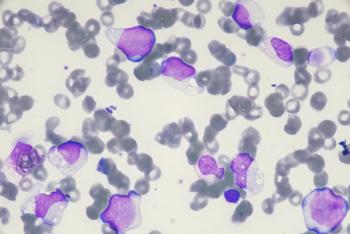
Intellia Therapeutics is also initiating a phase 1/2 study of a CRISPR therapy for hereditary angioedema in New Zealand.
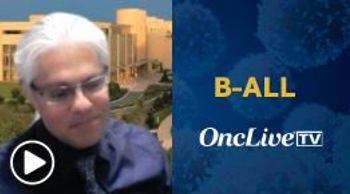
The hematologist from Moffitt Cancer Center discussed the FDA approval of brexucabtagne autoleucel in relapsed/refractory B-cell acute lymphoblastic leukemia.
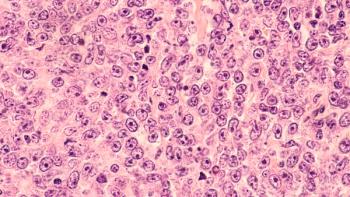
Longer follow-up is needed to determine the potential of CAR T-cell therapies in difficult-to-treat malignancies.
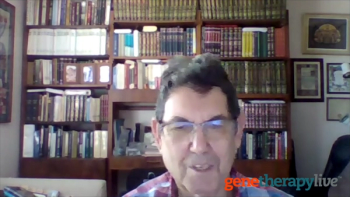
The chair of the International Collaborative Gaucher Group Registry discussed challenges in Gaucher research.

ALVR109, another of AlloVir’s T-cell therapies, also recently showed efficacy in treating COVID-19 in high-risk patients.
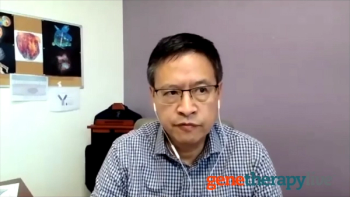
Allen Feng, PhD, chief scientific officer, HebeCell, discussed the company’s NK cell technologies.

Data from the FORTE trial were presented at the 18th International Myeloma Workshop.
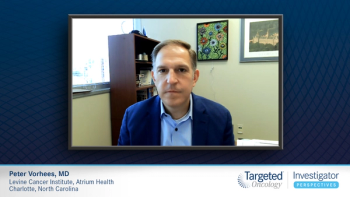
The hematologist/oncologist discussed unmet needs and novel therapies in multiple myeloma and give practical advice for community oncologists.

Review top news and interview highlights from the week ending October 8, 2021.

Allogene continues to investigate and characterize the chromosomal abnormality and its relationship to the gene editing.
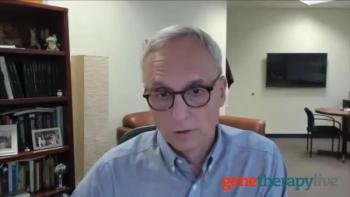
The director of the Powell Gene Therapy Center at the University of Florida discussed adverse events in gene therapies.